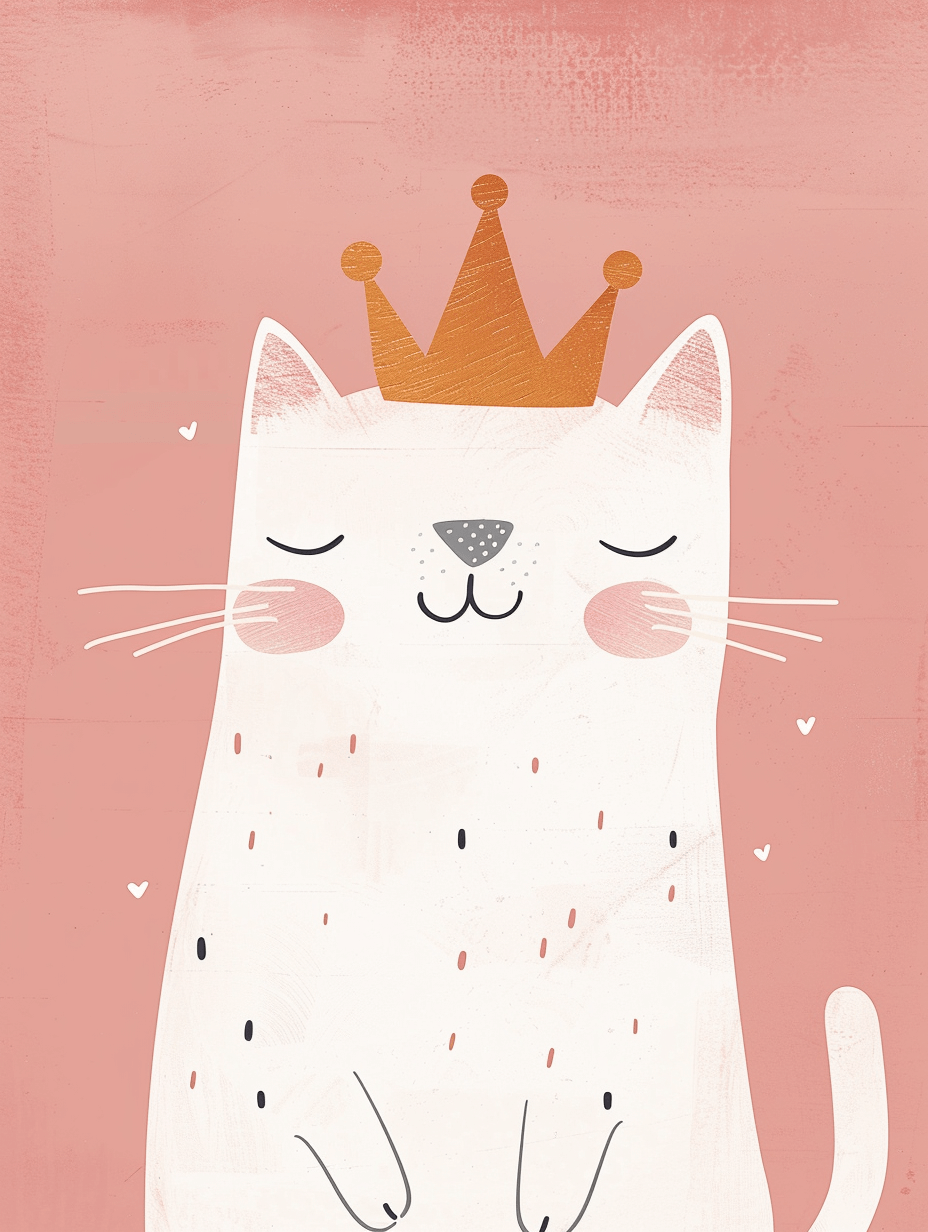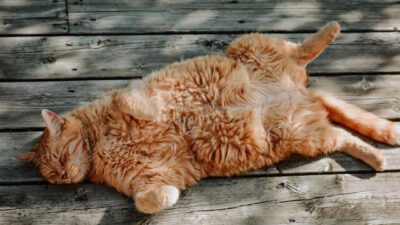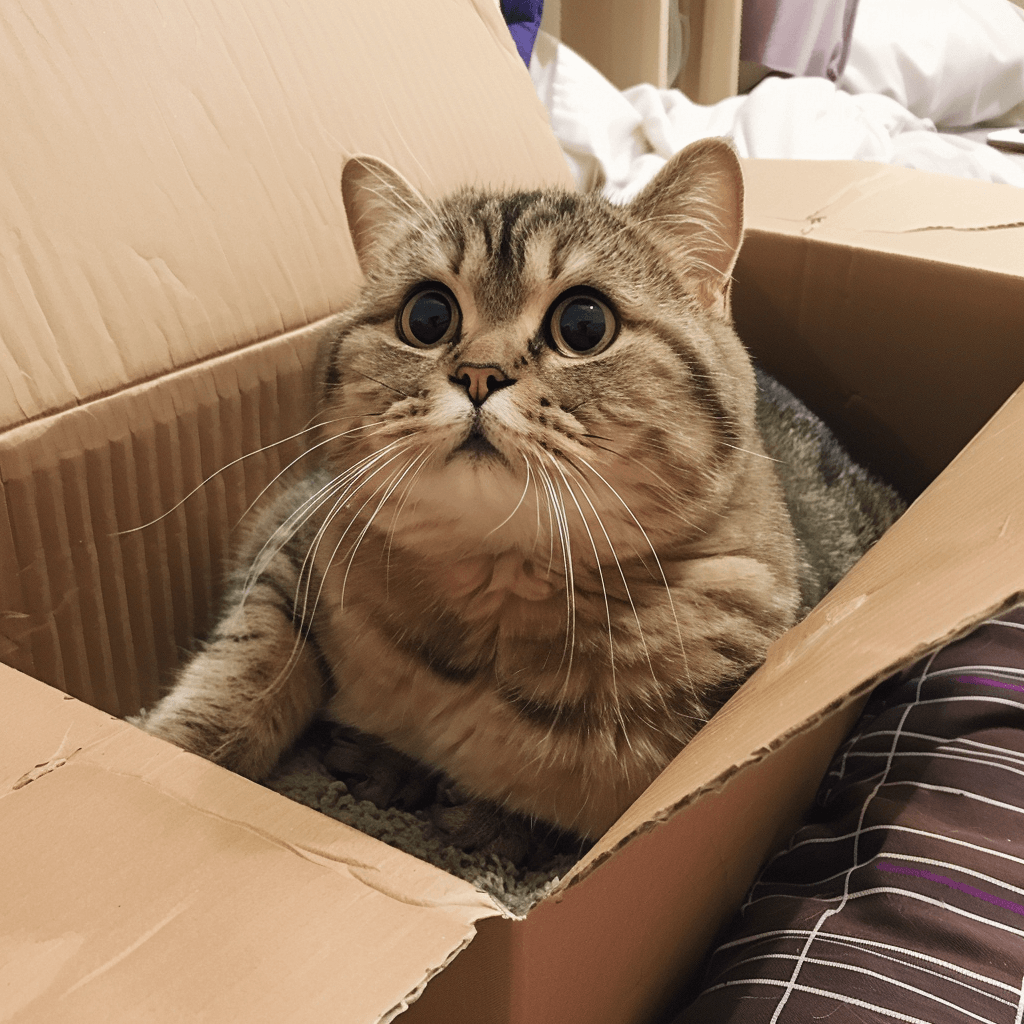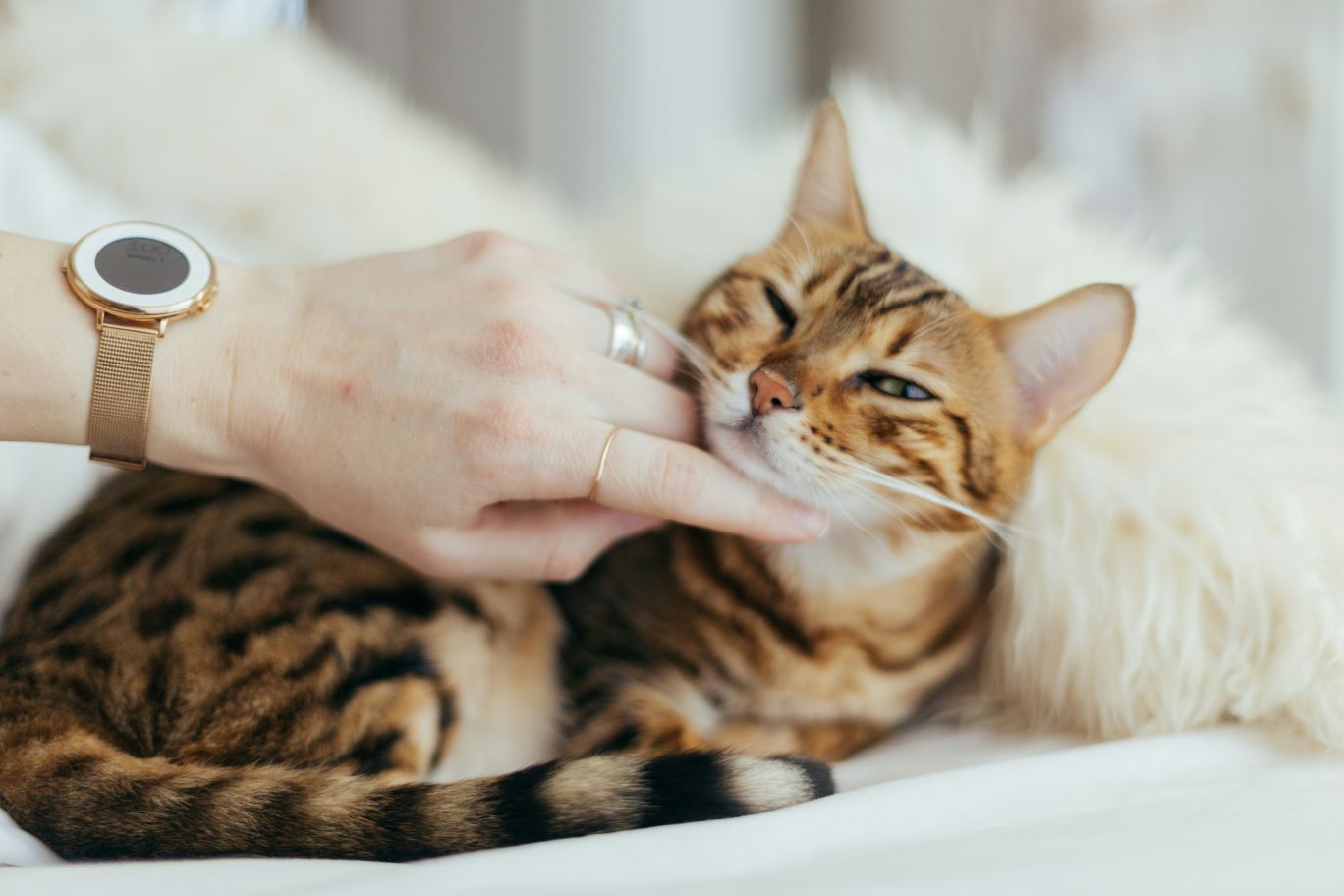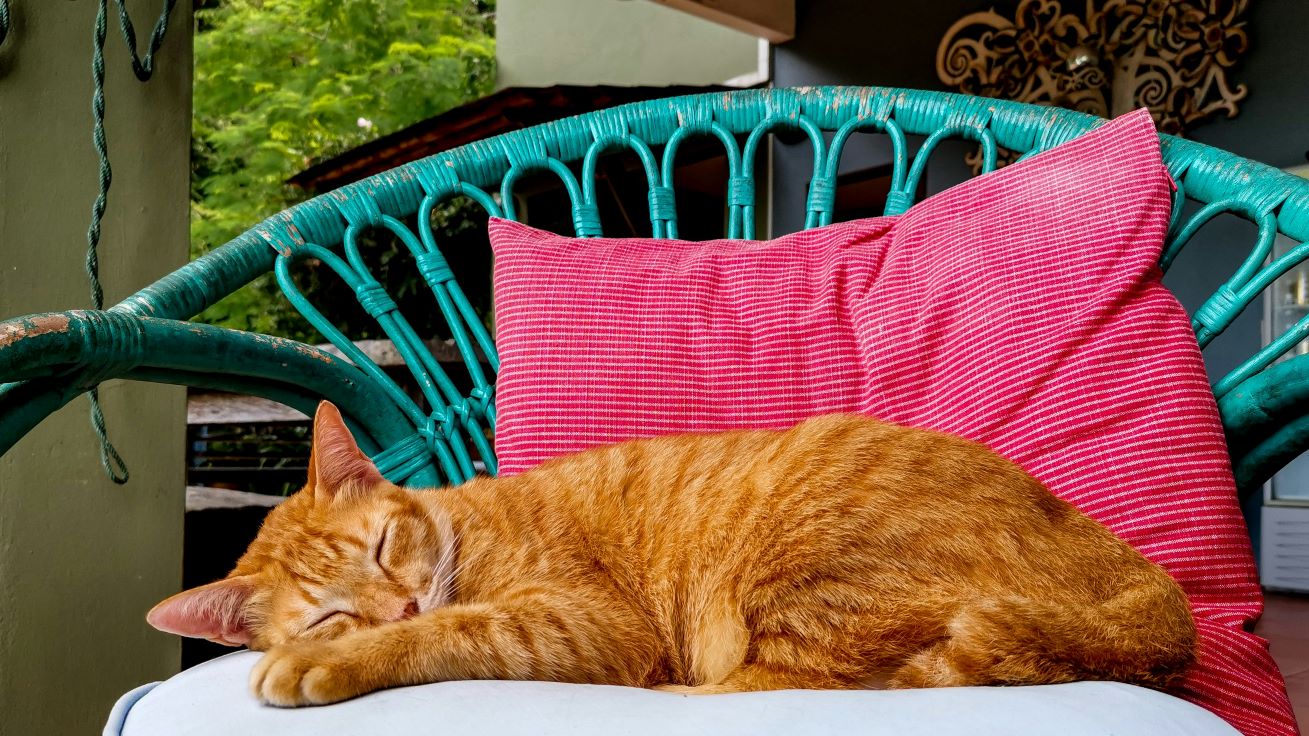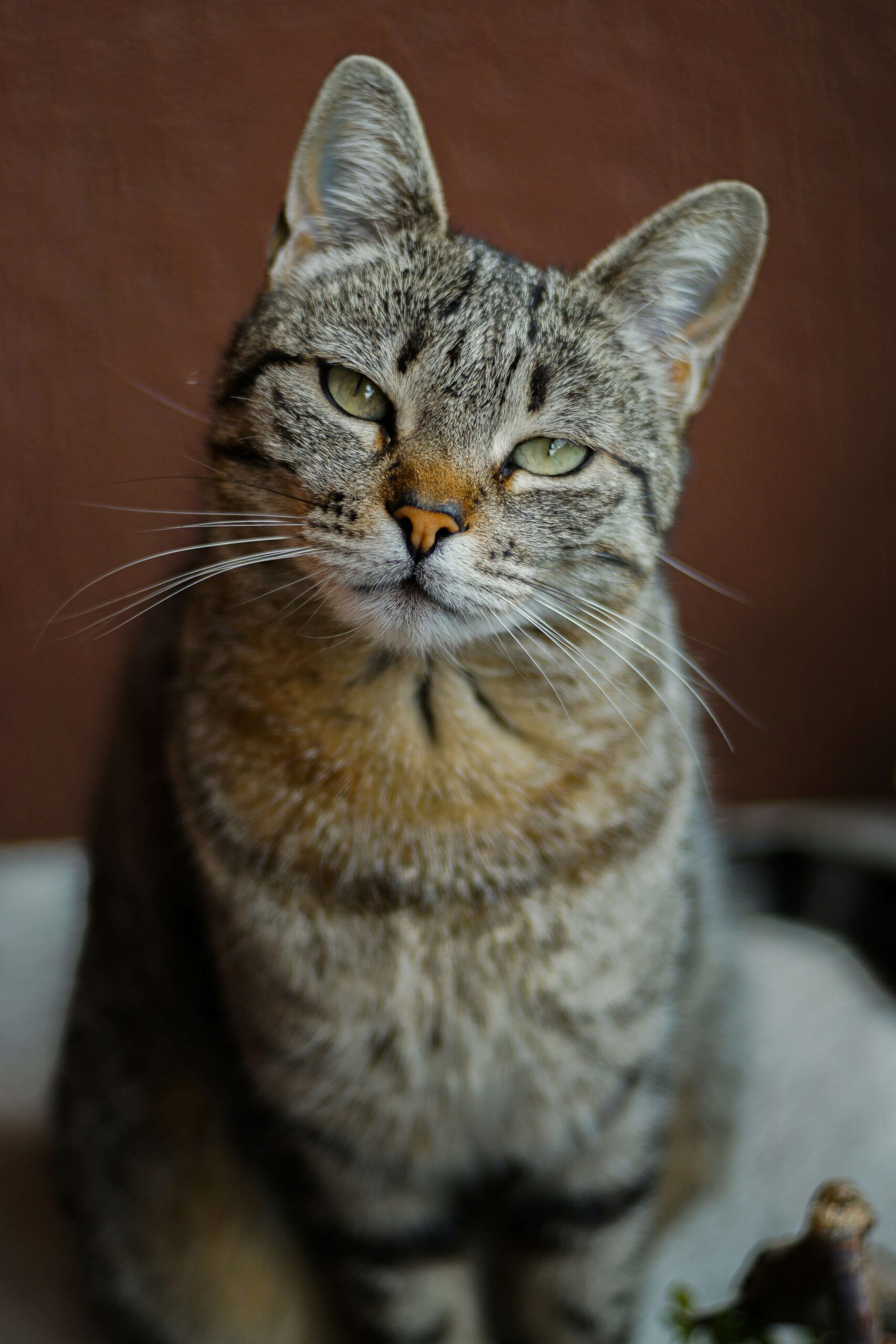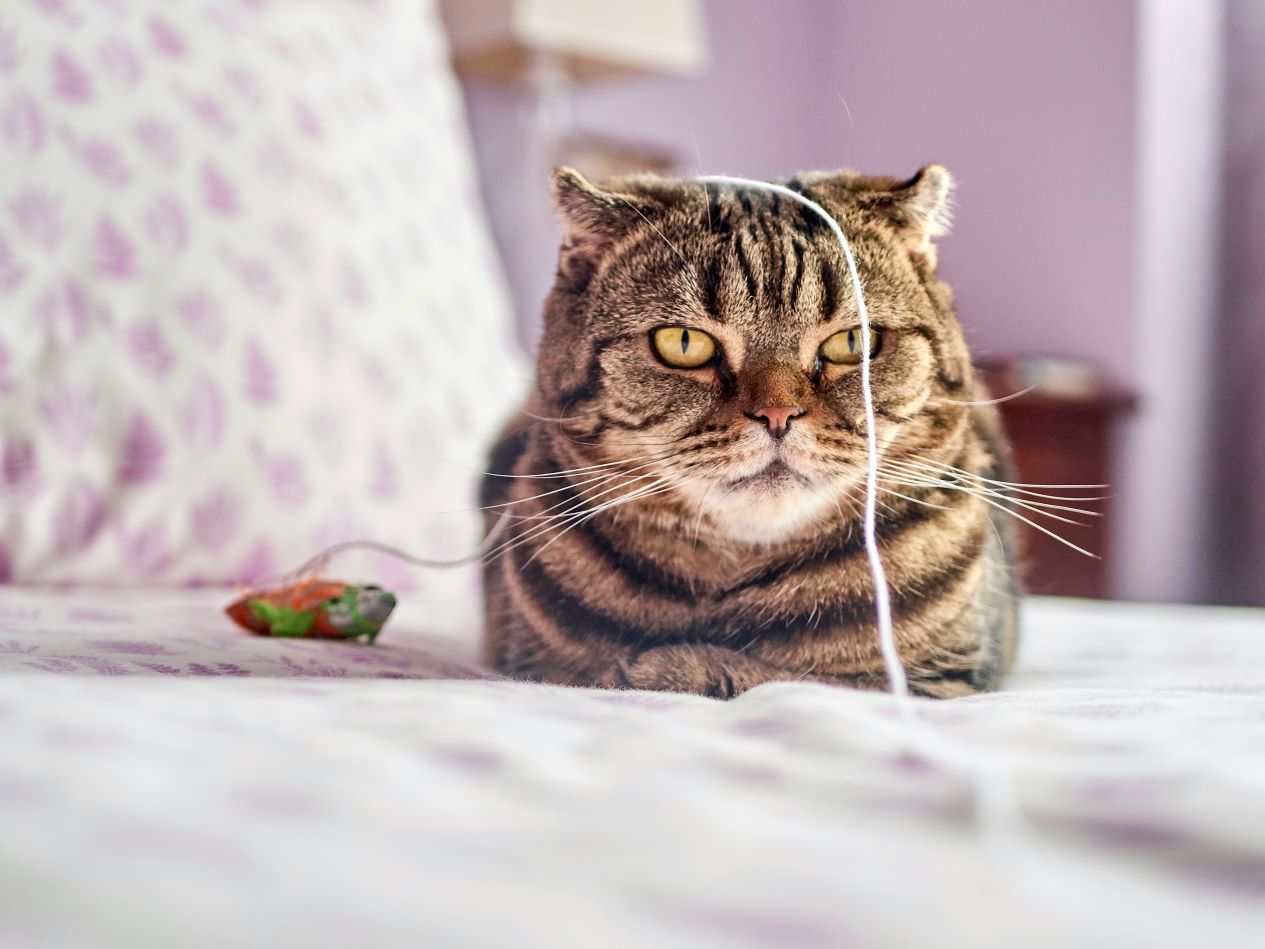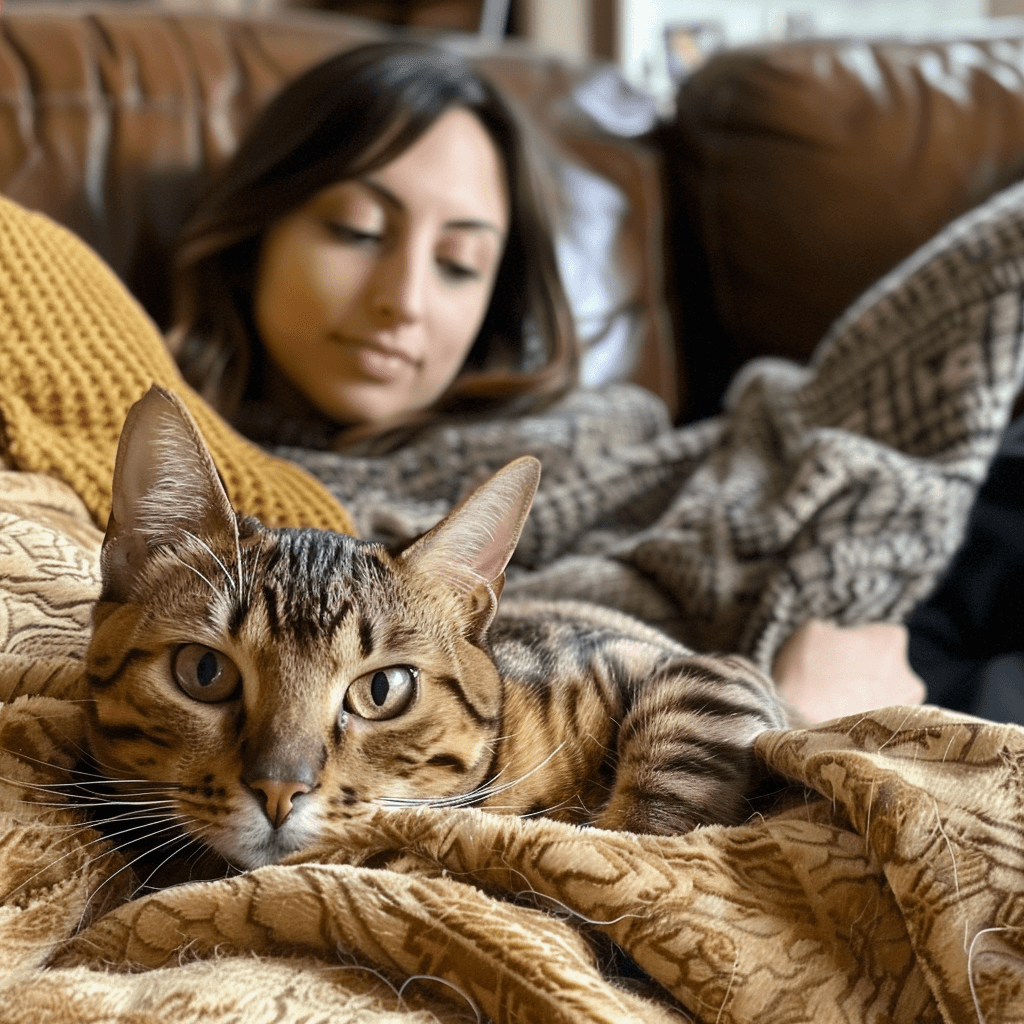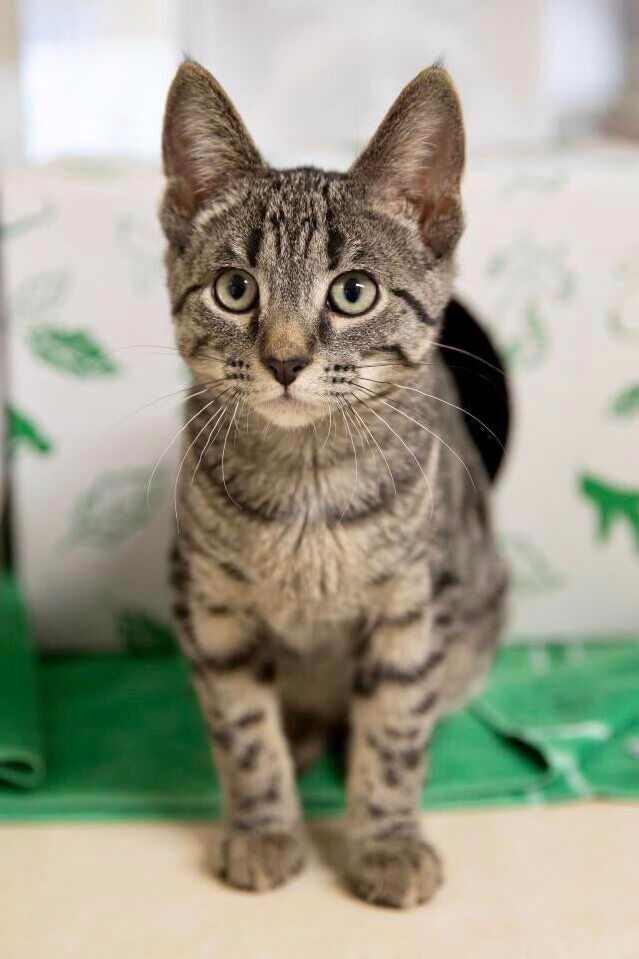As our feline friends grow older, they bring new joys and challenges into our lives. Watching a beloved cat enter their senior years can be an emotional journey, but it’s also an opportunity to deepen your bond and provide the best possible care. This comprehensive guide will help you navigate the complexities of caring for an aging cat, ensuring their golden years are filled with comfort, love, and contentment.
Understanding the Aging Process in Cats
Cats are considered “senior” around 11 years old, with some entering their golden years as early as 7 or as late as 14. Just like humans, cats experience various physical and behavioral changes as they age:
- Reduced mobility and flexibility
- Changes in sleep patterns
- Decreased sensory perception (hearing, vision, smell)
- Altered appetite and dietary needs
- Increased susceptibility to health issues
- Changes in grooming habits
- Potential cognitive decline
Adapting Your Home for Senior Cat Comfort
Creating a senior-friendly environment can significantly improve your aging cat’s quality of life:
- Provide easy access to necessities: Place food, water, and litter boxes on every floor of your home.
- Install ramps or steps: Help your cat reach favorite perches or beds.
- Offer soft, warm bedding: Orthopedic beds can ease joint pain.
- Maintain a consistent environment: Minimize changes to reduce stress.
- Consider night lights: Help your cat navigate in low light conditions.
Nutrition and Hydration for Aging Cats
Proper nutrition is crucial for maintaining your senior cat’s health:
- Consult your vet about age-appropriate diets
- Consider wet food to increase hydration
- Offer smaller, more frequent meals if appetite decreases
- Provide easily accessible water sources throughout your home
- Monitor weight and adjust portions accordingly
Health Monitoring and Veterinary Care
Regular check-ups become increasingly important as cats age:
- Schedule bi-annual vet visits
- Keep up with vaccinations and parasite prevention
- Monitor for signs of common senior cat health issues (e.g., arthritis, kidney disease, hyperthyroidism)
- Consider blood work and urinalysis to catch issues early
- Discuss pain management options if needed
Mental Stimulation and Enrichment
Keeping your senior cat mentally engaged can help maintain cognitive function:
- Provide puzzle feeders and interactive toys
- Engage in gentle play sessions
- Offer window perches for safe outdoor viewing
- Continue grooming sessions for bonding and sensory stimulation
- Consider adopting a calm, younger companion if your cat is sociable
Emotional Support and Quality Time
Your presence and love are invaluable to your aging cat:
- Maintain routines to provide security
- Offer plenty of gentle affection
- Be patient with changes in behavior or abilities
- Create quiet, comfortable spaces for rest and relaxation
- Spend quality time together, even if it’s just sitting quietly
Preparing for the Inevitable
While difficult to consider, it’s important to prepare for your cat’s eventual passing:
- Discuss end-of-life care options with your veterinarian
- Consider creating a bucket list of special experiences for your cat
- Take photos and videos to preserve memories
- Prepare yourself emotionally by acknowledging the limited time left
- Look into grief support resources for pet owners
Celebrating the Golden Years
Remember, aging is not a disease but a natural part of life. Your senior cat may slow down, but they still have so much love to give. Many cat owners find that the bond with their aging feline becomes even stronger during these years. Embrace this special time by:
- Appreciating the quiet moments of companionship
- Noting the unique quirks and personality traits that have developed over the years
- Reflecting on the journey you’ve shared together
- Creating new, gentle routines that you both enjoy
- Expressing your love and gratitude daily
Here are some unique ways to make your aging cat’s life more comfortable:
- Create a “catio” or enclosed outdoor space: This allows your senior cat to safely enjoy fresh air and outdoor stimulation without the risks of roaming freely.
- Install pet stairs or ramps: Place these near favorite perches or furniture to help your cat easily access their preferred spots despite reduced mobility.
- Set up a heated bed or pad: Older cats often seek warmth for comfort. A heated bed can soothe achy joints and provide a cozy resting spot.
- Provide puzzle feeders with easy settings: Mental stimulation is important, but ensure the puzzles are not too challenging for your senior cat.
- Create a “senior cat sanctuary”: Designate a quiet room or area with all necessities (food, water, litter box, bed) easily accessible for your cat.
- Use non-slip mats: Place these under food/water bowls and in common walking areas to prevent slipping on smooth floors.
- Invest in orthopedic bedding: Special beds designed for senior cats can provide extra support for joints and muscles.
- Set up bird feeders near windows: This provides entertainment and mental stimulation for cats who may not be as active.
- Offer gentle grooming sessions: Regular brushing not only helps with hygiene but also provides bonding time and can be soothing for older cats.
- Create multiple litter box stations: Place litter boxes on each floor of your home for easy access, especially if stairs are difficult.
- Use nightlights: Place soft lighting in hallways or rooms your cat frequents at night to help with any vision issues.
- Provide elevated food and water bowls: These can make eating and drinking more comfortable for cats with arthritis or mobility issues.
Remember, every cat is unique, so observe your senior cat’s preferences and adjust accordingly to ensure their comfort in their golden years.
Conclusion: A Testament to Love and Care
Caring for an aging cat can be challenging, but it’s also incredibly rewarding. Your dedication to providing comfort, love, and quality care during your cat’s golden years is a beautiful testament to the bond you share. Remember that while your cat may only be part of your life, you are their entire world. By focusing on their needs and cherishing every moment, you’re ensuring that their final years are filled with happiness and contentment.
As you navigate this journey, don’t hesitate to seek support from fellow pet owners, veterinary professionals, or pet loss support groups. Remember, the love you’ve shared with your cat will last a lifetime, long after they’ve crossed the rainbow bridge.
Embrace this special time with your aging feline friend, creating precious memories that will warm your heart for years to come. After all, the depth of love we feel for our pets is a beautiful reflection of the joy and companionship they’ve brought into our lives.
